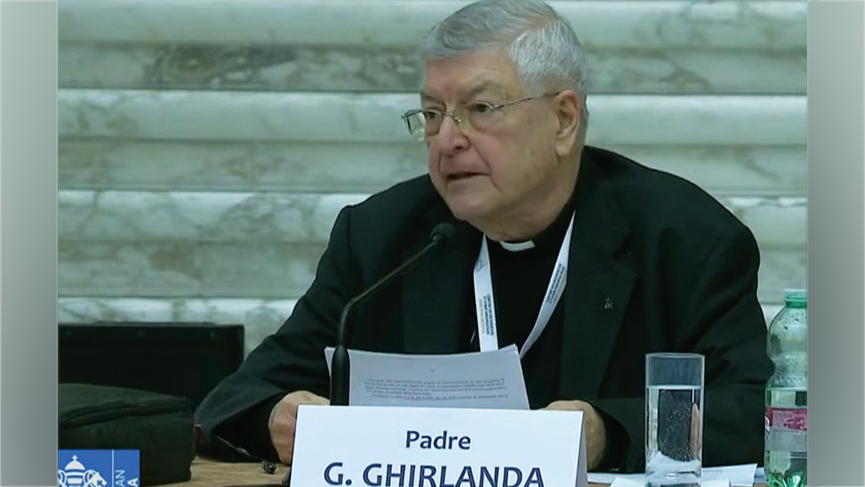Greetings, Your Eminence

International
-Benoît-Marc Boyer, Priest in Montreal
Following his "penitential pilgrimage" to Canada last month, Pope Francis is convening a Consistory to be held this coming Saturday. While it will be an occasion for the creation of new cardinals, most of whom will bear the responsibility of electing his successor, when the time comes, the event remains a celebration, the aim of which is to engage the whole Church in her catholicity.
First, because the College of Cardinals is increasingly a reflection of that catholicity. In general, the Pope appoints regional bishops who, by virtue of their respective cultures, languages and traditions, personify the Church’s universality.
Secondly, because the whole Church is involved in this significant moment, at which the Bishop of Rome seeks the counsel of these men from around the world with respect to pastoral approaches.
At the same time, and as his predecessors have done before him, Francis will be naming certain model servants who, having attained above 80 years of age, will not be eligible to vote in the event of a conclave. These are teachers or preachers who will be made cardinals, most often without having been ordained bishops, in a gesture of recognition from the Successor of St. Peter for their commitment. Even these, however, will frequently be made with an eye to universality.
Such is the case with Cardinal Gianfranco Ghirlanda, SJ, whom I would like to honour here.
Prof. Ghirlanda has trained thousands of canonists, men and women who practise around the world in the service of Church law in various functions: in chanceries, ecclesiastical tribunals, nunciatures, etc. While studying canon law at the Gregorian University, like so many canonists from Montreal before and after me, I had the privilege of studying under him.
The man's thought is rigorous, precise and lucid. His teaching is transparent and alive. I remember how, during any of his innumerable lectures, you could have heard a fly buzzing, we were all so enthralled.
And yet, he is first and foremost of the Church. His lectures on canon law as an expression of ecclesial communion are a spiritual retreat. He does not instruct; he shares the fruits of his own personal experience of that unity which dwells in the hearts of disciples of the Risen One.
Blending expertise and vision, he was asked to be first Dean and later Rector of the Gregorian University, where he has served his entire life.
In selflessness and humility, in the spirit of the evangelical counsels that he joyfully espoused as a Jesuit religious, he met the various requests from Popes who called on him for assistance.
Above all, however, as it is with true disciples, it is his simple, brotherly testimony that will leave its imprint on the hearts and minds of others.
On Saturday, the hearts of thousands of canonists from around the world, along with millions of Catholics, will be turned towards Rome in a celebration of joy at this moment of great significance marking the history of the Church.
For me, it will also be a time to give thanks: for having crossed paths with a simple man, a religious, priest, lately cardinal, with his eyes trained on the One who has always been his standard, his stimulus, his inspiration.
Thank you, Gianfranco.
Auguri!

Comment
Comment
Add new comment